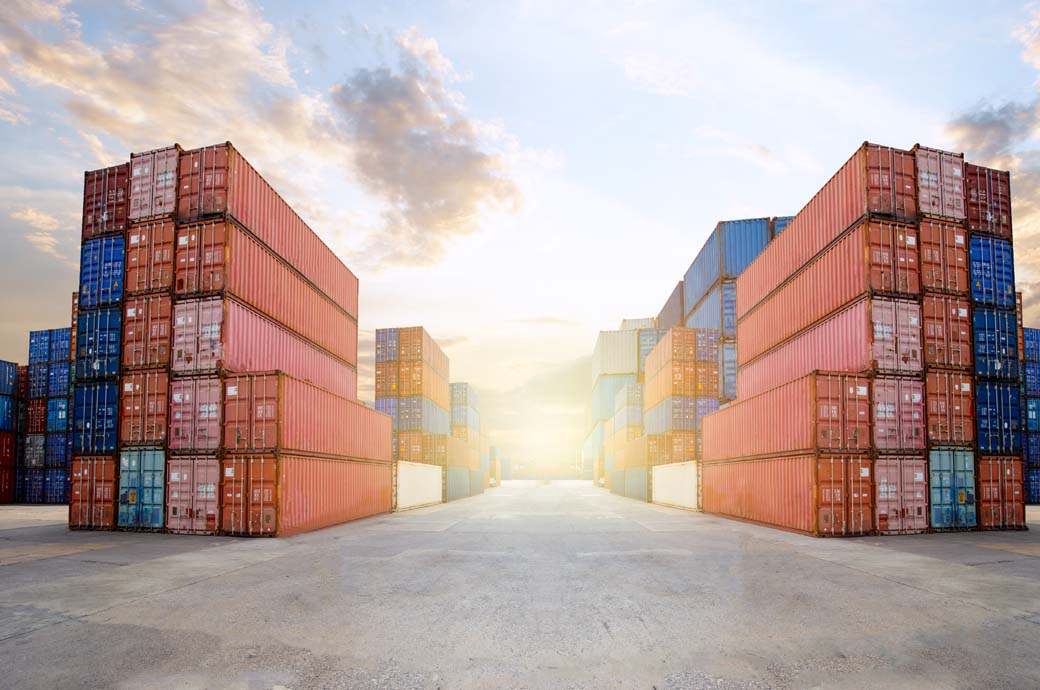
To achieve this, alternative support mechanisms in lieu of export incentives will be offered, ensuring tariff benefits, and non-monetary incentives will be provided to diversify export-oriented goods and services.
The draft policy emphasises the need of determining appropriate measures in response to the loss of duty-free export facilities following Bangladesh's graduation from the least development country status in 2026.
The ministry has invited stakeholders to offer feedback on the draft by March 2, according to domestic media reports.
A high-level committee chaired by the prime minister will implement the new export policy mandate, the draft policy says.
The draft has a provision of a 2-per cent incentive of the total freight charge to shipping companies if the goods imported through back-to-back letters of credit (LCs) are transported by a Bangladesh-flagged vessel.
As of July 2023, Bangladesh had 97 flag ships, out of which only six are container ships owned by Dhaka-based Karnaphuli Limited and are capable of carrying back-to-back LC cargo.
The remaining ships consist of bulkers and oil tankers, not suitable for transporting goods under back-to-back LC arrangements, shipping companies say.
The draft calls for avoiding excessive protectionism of the domestic industry, rationalising tax rates and reducing the government's reliance on import duties to create a competitive trade and investment environment.
Emphasis has been placed on making the exchange rate more flexible and competitive, and reforming the investment environment to attract foreign investment in manufacturing.
There is also a proposal to provide venture capital facilities to agricultural farms with a minimum of five acres of land to boost the production and export of agricultural products.
ALCHEMPro News Desk (DS)
Receive daily prices and market insights straight to your inbox. Subscribe to AlchemPro Weekly!